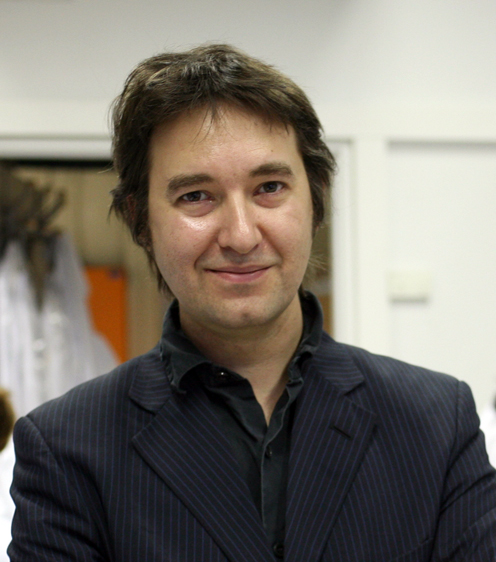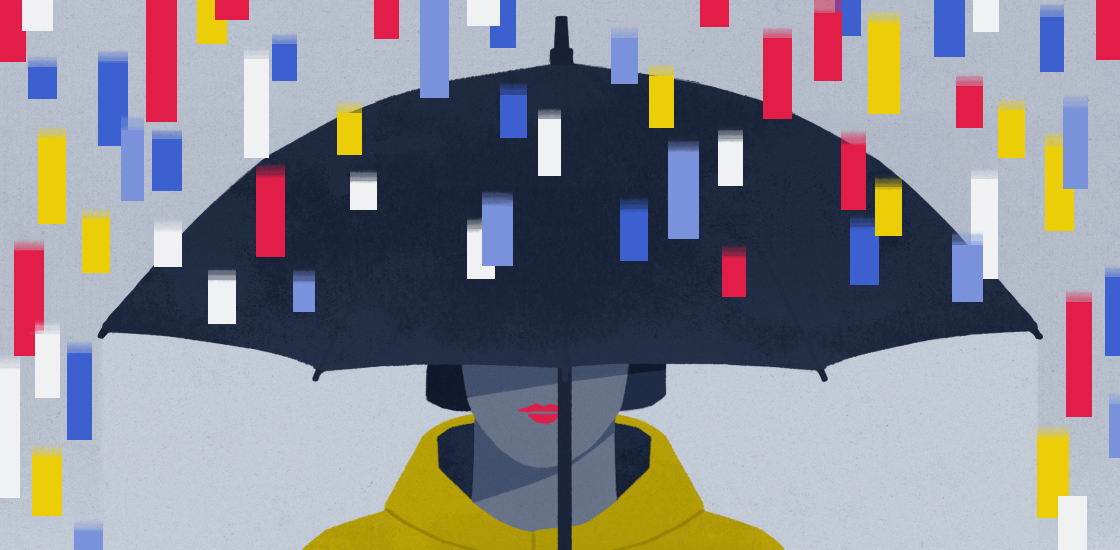
Thomas Bourgeron
Professor
University Paris Diderot
From this contributor

Expliquer la résilience à l’autisme peut faire naître de nouvelles thérapies
Explaining ‘resilience’ in autism may seed new therapies
Some individuals who have autism mutations show no signs of the condition; understanding why may lead to treatments.

Explaining ‘resilience’ in autism may seed new therapies
Questions for Thomas Bourgeron: In search of ‘second hits’
Taking a close look at people who have a mutation in a known autism gene may reveal why these people often have vastly different characteristics.

Questions for Thomas Bourgeron: In search of ‘second hits’
Explore more from The Transmitter
Two neurobiologists win 2026 Brain Prize for discovering mechanics of touch
Research by Patrik Ernfors and David Ginty has delineated the diverse cell types of the somatosensory system and revealed how they detect and discriminate among different types of tactile information.

Two neurobiologists win 2026 Brain Prize for discovering mechanics of touch
Research by Patrik Ernfors and David Ginty has delineated the diverse cell types of the somatosensory system and revealed how they detect and discriminate among different types of tactile information.
Shifting neural code powers speech comprehension
Dynamic coding helps explain how the brain processes multiple features of speech—from the smallest units of sounds to full sentences—simultaneously.

Shifting neural code powers speech comprehension
Dynamic coding helps explain how the brain processes multiple features of speech—from the smallest units of sounds to full sentences—simultaneously.
Astrocytes orchestrate oxytocin’s social effects in mice
The cells amplify oxytocin—and may be responsible for sex differences in social behavior, two preprints find.

Astrocytes orchestrate oxytocin’s social effects in mice
The cells amplify oxytocin—and may be responsible for sex differences in social behavior, two preprints find.